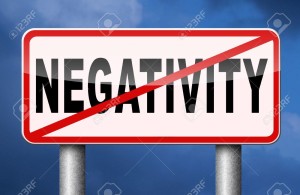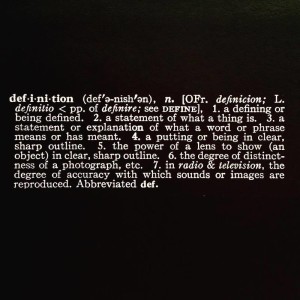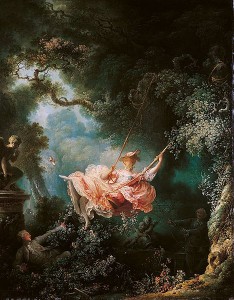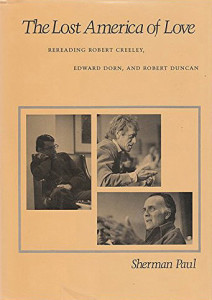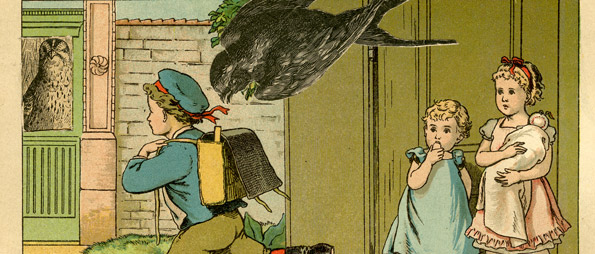
Barrett Watten, “Ashbery Alpha and Omega: Presentism, Historicism, and Vice Versa.” Journal of Foreign Languages and Cultures (Changsha, China), no. 3 (2019): 87–93. For pdf, click here.
Abstract: This reading of a single poem from the last collection of verse John Ashbery published before his death in 2017 sees it as an example of a concept of “presentism” that differs from modernist or postmodern accounts of the “present” associated with abstraction or immanence. Rather, Ashbery’s presentism is historical in being based on overlapping and discontinuous linguistic and experiential frames. Ashbery’s poetic use of the content of experience is always mediated through its presentation as information, ranging from high to low values and often employing “low-mimetic,” pop cultural elements. What results is a suspension of certainty in which meaning is structured and informed by its status as information. Thus leaving open questions of knowledge, Ashbery’s poetry does not represent a fully present consciousness but relies on forms of cognition and information processing that are nonconscious, operating in the background and informed by decades of his practice as a poet. A brief comparison with the late paintings of Willem de Kooning, who experienced cognitive disability at the end of his life, points out similar nonconscious forms of cognition such as motor skill and even aesthetic judgment. The reading is thus informed by information theory, cognitive science, and neurophysiology in showing how Ashbery’s late style makes a present that is historical and structured on his entire oeuvre.
Keywords: Poetics, the New York School, information theory, cognitive science, late style
Headnote: This paper was given in a session titled “Social Readings of John Ashbery” at the Louisville Conference for Literature and Culture After 1900, University of Louisville, Feb. 2018. Thanks to Alan Golding and panelists Sandra Simonds and David Kellogg.
Image: detail from John Ashbery, Late for School, c. 1948. Collage, 12 1/2 x 8 inches. From “John Ashbery with Jarrett Earnest,” Brooklyn Rail (3 May 2016); link here.


